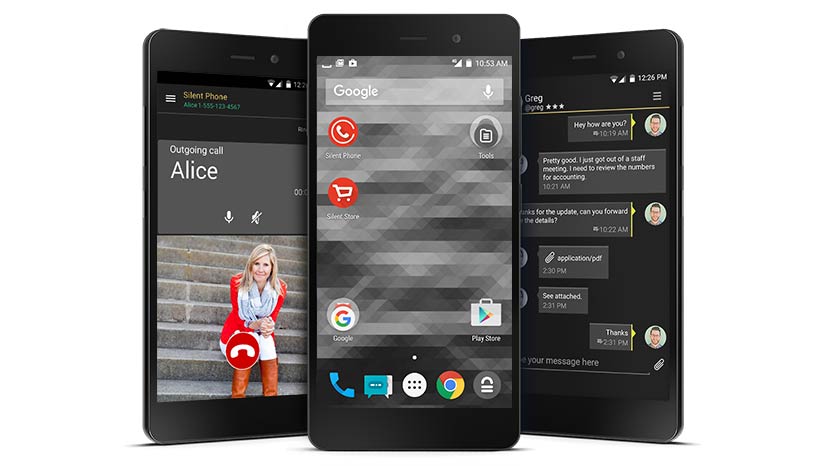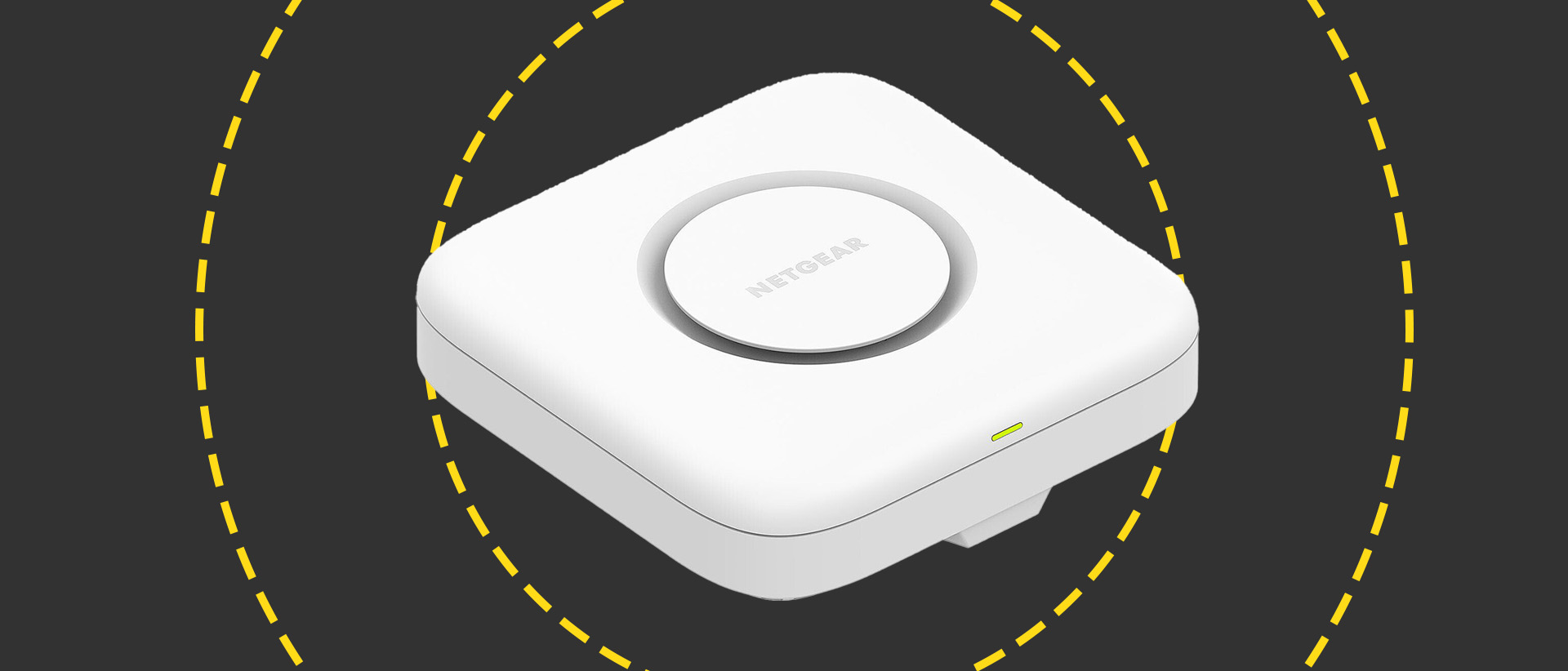Blackphone 2 and GranitePhone lead wave of private devices
Manufacturers debut custom handsets built for dealing with sensitive information


The privacy-centric Blackphone 2 has gone on sale in the US today priced at $799, with a UK release date only listed as "coming soon".
The handset focuses on mobile security, and aims to circumvent the mass data-gathering undertaken by many software companies and apps.
The phone comes pre-packaged with a series of encrypted voice, text and internet apps from makers Silent Circle, called the Silent Suite, and offers full integration with mobile device management solutions from the likes of Citrix, MobileIron, SOTI, and more.
It also features a remote device wipe functionality and support for Google's Android For Work programme.
While based on the Android kernel, the device's SilentOS operating system has been built from the ground up with privacy in mind, and is designed to prevent rooting, data leaks and unauthorised intrusions.
Through Silent Circle's 'Spaces' function, it also allows users to create distinct environments for confidential enterprise data, personal communications and social apps, allowing users to maintain the integrity of sensitive information while using their smartphones in day-to-day life.
The Blackphone 2 is facing significant market competition, however, as manufacturers become more and more attuned to consumers' privacy needs.
Get the ITPro daily newsletter
Sign up today and you will receive a free copy of our Future Focus 2025 report - the leading guidance on AI, cybersecurity and other IT challenges as per 700+ senior executives
One of its main rivals is the GranitePhone, a $999 Brazilian device that supposedly guarantees complete endpoint security.
Similar to the Blackphone, the GranitePhone uses a custom-tailored version of the Android OS, and has apparently already had a great deal of interest from various government and defence bodies.
However, these devices may shortly be undercut.
One of the Blackphone's primary selling points is the granular nature of its app permission systems, intended to prevent apps from sneaking in unnecessary access permissions that get blindly accepted.
Google has now addressed this issue, with a similar permissions system being one of the headline features of its forthcomingAndroid Marshmallow operating system, due to be released tomorrow.
The trend towards increasingly capable privacy tools is a welcome one, but Kaspersky's principal security researcher David Emm says that users need to be more aware of the ancillary security risks.
"Beyond checking the permissions of an app, I'd recommend the following to reduce the risk of attack or data loss," he said."Don't 'jailbreak' or 'root' your mobile device, thereby stripping away security protection; don't install apps from untrusted sources, since this increases your exposure to malware.
"Don't use random, insecure wi-fi networks to conduct confidential transactions (anything you wouldn't want someone to read); don't just rely on an easy-to-guess PIN - and ideally use a complex passcode (it's all that stands between you and your online identities); don't store confidential data on the device (e.g. credit card numbers) - if it's lost or stolen someone else will find it."
Adam Shepherd has been a technology journalist since 2015, covering everything from cloud storage and security, to smartphones and servers. Over the course of his career, he’s seen the spread of 5G, the growing ubiquity of wireless devices, and the start of the connected revolution. He’s also been to more trade shows and technology conferences than he cares to count.
Adam is an avid follower of the latest hardware innovations, and he is never happier than when tinkering with complex network configurations, or exploring a new Linux distro. He was also previously a co-host on the ITPro Podcast, where he was often found ranting about his love of strange gadgets, his disdain for Windows Mobile, and everything in between.
You can find Adam tweeting about enterprise technology (or more often bad jokes) @AdamShepherUK.
-
 The UK government wants quantum technology out of the lab and in the hands of enterprises
The UK government wants quantum technology out of the lab and in the hands of enterprisesNews The UK government has unveiled plans to invest £121 million in quantum computing projects in an effort to drive real-world applications and adoption rates.
By Emma Woollacott Published
-
 Netgear WBE710 review
Netgear WBE710 reviewReviews The compact WBE710 delivers great cloud management features and a good turn of Wi-Fi 7 speed – but it does have a premium price tag
By Dave Mitchell Published